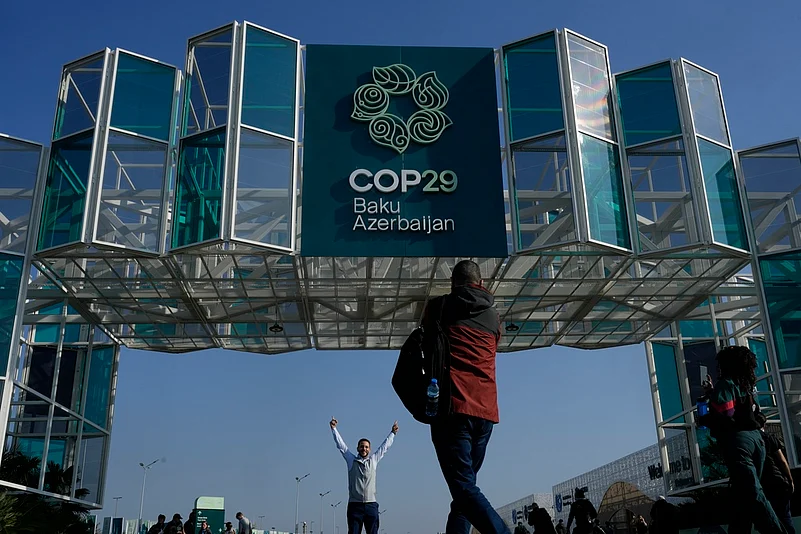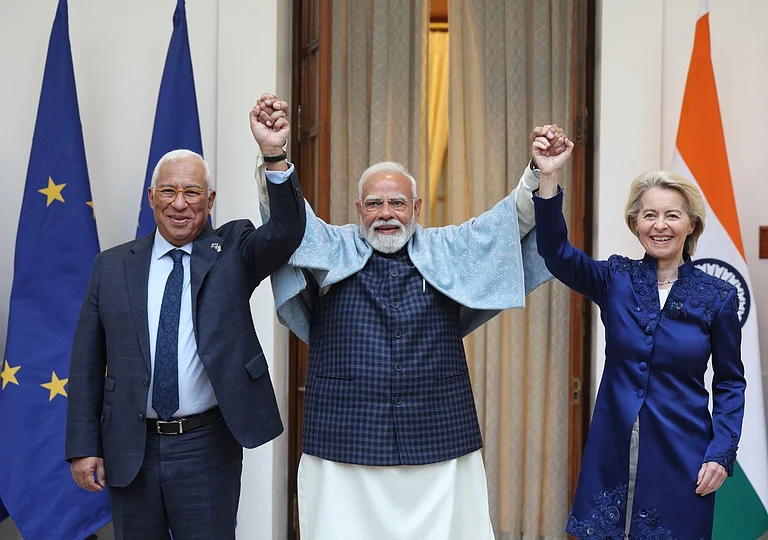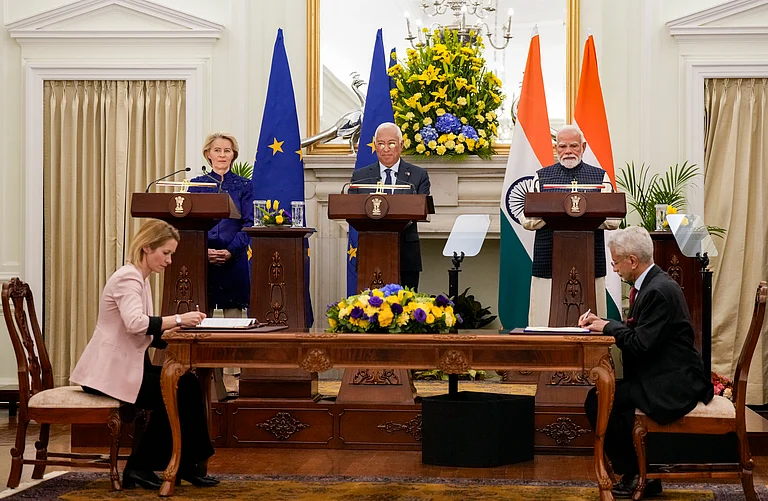The 29th United Nations Climate Change Conference (COP29) in Baku, Azerbaijan, brought together leaders, climate scientists, and delegates to address pressing global climate challenges. While the summit made some incremental progress, including a $300 billion climate finance target and operational carbon trading rules, it fell short of delivering transformative action. Challenges like the slow fossil fuel transition, insufficient climate finance, and a lack of ambition in national goals emerged as significant sticking points, leaving much to be desired for the future of climate action.
Progress on Climate Finance
One of the key outcomes of COP29 was that nations agreed to raise climate finance for developing countries to $300 billion annually by 2035, up from $100 billion. These funds aim to help vulnerable nations transition to renewable energy, adapt to climate change, and cope with loss and damage caused by climate disasters. However, this figure falls significantly short of the $400–900 billion annually that many developing nations and climate experts argue is essential to address their growing needs.
Australia pledged A$50 million ($32 million) to the loss and damage fund, a small but meaningful contribution toward climate solidarity. Financing for loss and damage remains a contentious issue as climate disasters continue to cost developing nations between $100–500 billion annually, with damages expected to rise as global temperatures rise.
To bridge the funding gap, COP29 set a target to scale up overall climate finance to $1.3 trillion per year by 2035, with contributions from both public and private sectors. The specifics of how this ambitious target will be achieved will be discussed at COP30 in Brazil next year. While this plan acknowledges the need for innovative financing solutions, many delegates criticized the agreed amount as inadequate. Representatives from developing nations labeled it “a paltry sum” and called for stronger accountability from wealthier countries.
Climate finance is crucial for enabling global cooperation, especially for developing nations that lack the resources to transition away from fossil fuels. However, the disparity between financial commitments and actual needs highlights the broader challenge of achieving fairness in climate negotiations.
Carbon Trading Rules: A Step Toward Global Implementation
COP29 marked an important milestone by finalizing rules for a global carbon trading market, a key component of the Paris Agreement. This agreement resolves longstanding disputes about international carbon credit trading, providing countries with new tools to meet emission reduction targets through market-based solutions.
The framework allows nations to trade carbon credits, which represent one metric ton of carbon dioxide either removed from the atmosphere or prevented from being emitted. These credits can be generated through projects like renewable energy installations or conserving natural carbon sinks such as forests and wetlands.
The finalized rules aim to ensure transparency and accountability, giving countries greater flexibility to meet their targets. However, concerns remain about the potential misuse of the system. Critics have pointed out that lax standards or inadequate oversight could lead to inflated claims or double-counting of emission reductions, undermining the market's credibility.
Despite these challenges, the agreement is expected to boost investments in renewable energy and conservation initiatives in developing nations. Protecting rainforests, mangroves, and seagrass meadows, for instance, offers dual benefits: capturing carbon and preserving biodiversity.
This progress reflects the growing international recognition of carbon trading as a tool to incentivize emission reductions. However, its success will hinge on strict monitoring and enforcement to ensure the market's integrity.
Challenges in Fossil Fuel Transition
Fossil fuels remained a contentious issue at COP29, with no concrete decisions made on phasing them out. Delegates debated the need for a just and equitable transition away from fossil fuels but faced resistance from oil-producing nations like Saudi Arabia, which attempted to block mentions of fossil fuels across negotiation streams.
The outcome documents notably excluded explicit references to fossil fuels, a sharp contrast to last year’s COP in Dubai, where nations agreed to “accelerate the transition” away from fossil fuels in alignment with net-zero goals by 2050. This omission disappointed climate advocates, who argue that phasing out coal, oil, and gas is critical to achieving the Paris Agreement's temperature targets.
National commitments revealed stark contradictions. For instance, the United Kingdom announced one of the most ambitious targets, pledging to cut emissions 81% below 1990 levels by 2035. Meanwhile, Brazil, despite releasing targets for a 59–67% reduction below 2005 levels by 2035, plans to increase oil and gas production by 36% over the next decade.
Such inconsistencies underscore the difficulty of aligning economic priorities with climate goals. While some countries aim to lead in renewable energy and emissions reductions, others remain reliant on fossil fuel revenues, complicating efforts to secure a global consensus.
The Road Ahead: Building Momentum for COP30
COP29 showed that international climate cooperation remains resilient despite geopolitical tensions and shifting political landscapes. For example, the return of Donald Trump as U.S. President, a vocal climate change skeptic, cast uncertainty over the summit. Yet, delegates showed optimism, emphasizing that global climate action is no longer dependent on U.S. leadership alone. Countries such as China, which achieved its 2030 renewable energy targets ahead of schedule, and the European Union have stepped up as key leaders in the fight against climate change.
At the same time, alliances like the High Ambition Coalition – composed of small island states, the European Union, and Latin American nations – played a pivotal role in pushing for stronger financial commitments and accountability.
Looking ahead, COP30 in Brazil will be a critical moment to address the gaps left by COP29. Delegates will refine strategies to scale up climate finance, enforce transparency in carbon trading markets, and push nations to set more ambitious emissions targets by the February 2025 deadline. Brazil’s role as both a host and a leader in renewable energy could influence negotiations, although its plans to expand fossil fuel production could create conflicts.
Australia’s bid to host COP31 in 2026, in partnership with Pacific nations, signals its interest to lead on climate issues. However, securing the bid will require stronger domestic policies and concrete actions to support its international commitments.
While COP29 did not deliver groundbreaking results, it reinforced the importance of global collaboration in tackling climate change. The decisions made in Baku set the stage for future negotiations, emphasizing the need for collective action, equity, and urgency in combating the most significant challenge of our time.



























